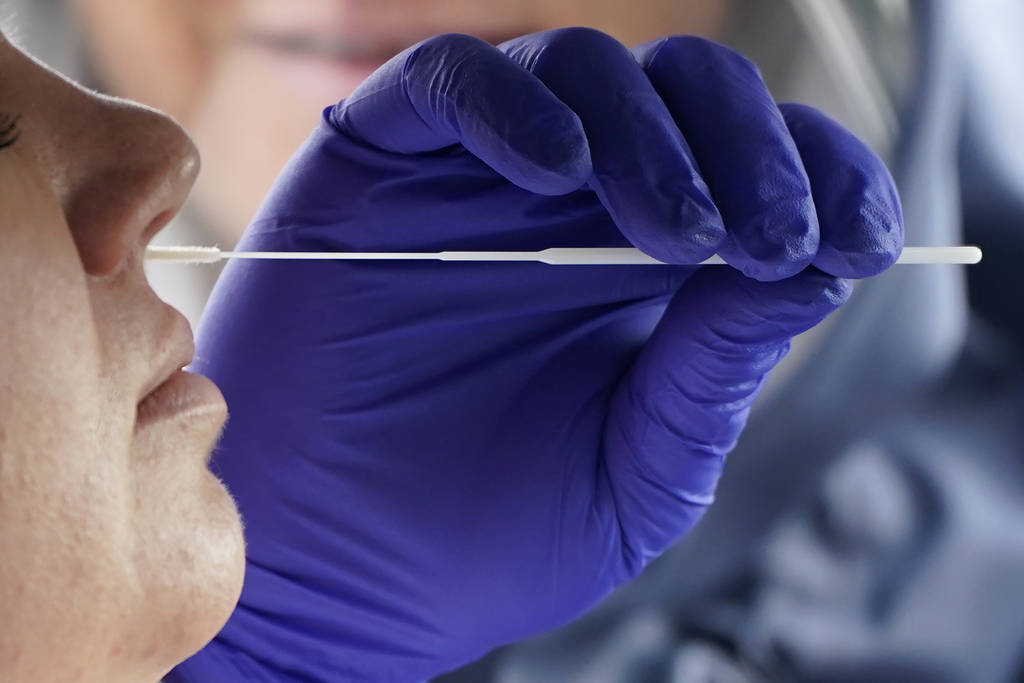LETTER: Don’t minimize COVID risks
Once again, Review-Journal columnist Victor Joecks tries to gloss over the enormous risks of COVID-19 with a false analogy to how he believes the Pilgrims would have reacted to an outbreak of a deadly communicable disease more than 400 years ago (Nov. 25 column). Like any other society of the time that existed some two centuries before Louis Pasteur and Robert Koch would revolutionize medicine by proving the modern germ theory of disease, they would have reacted with fear and undertaken any coping mechanisms they found that would help them survive — even if those coping mechanisms were illogical. If they didn’t, they would get sick and possibly die.
We can look back to the plagues and diseases that would strike Europe before the Pilgrims came to America, such as the Black Death that swept Europe in the late 1300s. They had no idea of how it was transmitted and could not logically and systemically protect themselves. And so writer Agnolo di Tura of Sienna from those times wrote “Father abandoned child, wife husband, one brother another for this plague seemed to strike through the breath and sight. And so they died. And no one could be found to bury the dead for money or friendship.”
Mr. Joecks further undercuts his own argument by citing the native Indian Squanto who, when he returned from Europe, discovered his tribe had been wiped out by smallpox — a novel disease to the Indian tribes that they did not understand and had no coping mechanism to address.
We are fortunately in a much better place. We know how COVID-19 is spread and we can undertake logical, proven methods to stop it. We can wear masks. Stay home and socially distance. Wash our hands. Don’t hold any large gatherings such as big holiday meals, even though it is so ingrained in our families and traditions.
And even with all of that and all the lockdowns we have endured, COVID-19 has killed more than 260,000 of our fellow Americans in 10 months — seven times the average annual flu deaths from the past decade. And this disease isn’t over yet.

















